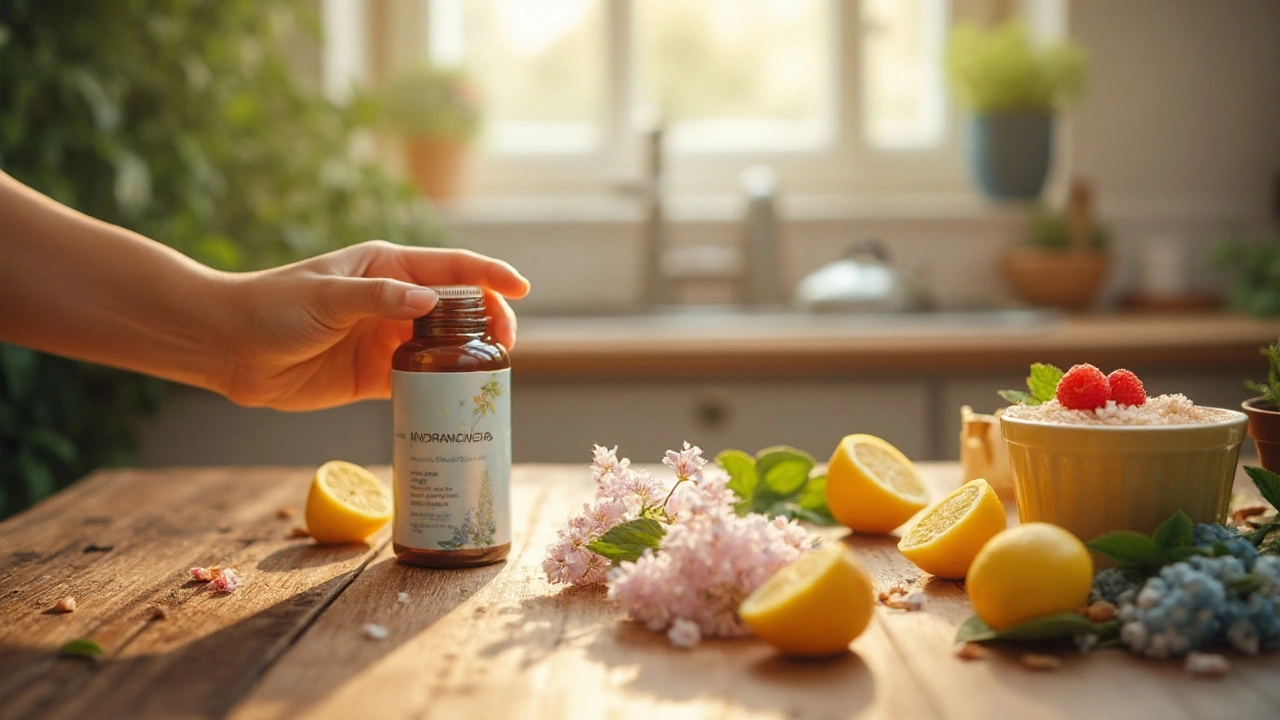Hydrangea Supplement: What It Is and Why It Matters
You've probably seen hydrangea in gardens, but did you know its roots and leaves can be turned into a supplement? Hydrangea extract is packed with flavonoids and minerals that many people use to support joint comfort, skin health, and overall vitality. Unlike flashy synthetic pills, this herbal option comes from a plant that’s been trusted in traditional Asian medicine for centuries.
When you pick up a bottle, the label will usually mention hydrangea root extract or hydrangea flower powder. Both forms aim to deliver the same active compounds, but the root tends to have higher levels of the anti‑inflammatory agents that most users look for. If you’re curious about a natural boost without a lot of side effects, this could be a good place to start.
Key Benefits of Hydrangea Extract
First off, many people report less joint stiffness after a few weeks of regular use. The flavonoids act like a gentle shield, reducing the inflammation that can make knees and elbows feel achy. Second, the plant’s antioxidants help protect skin cells from oxidative stress, which means you might notice a smoother complexion and fewer breakouts.
Third, hydrangea can aid digestion. The fiber in the herb supports gut motility, helping you feel lighter after meals. Finally, some users say it gives a mild energy lift during the afternoon, likely because the extract helps balance blood sugar spikes that cause fatigue.
How to Use and Choose a Quality Hydrangea Supplement
Start with a low dose—usually 250 mg of standardized extract once a day. If you tolerate it well, you can move up to 500 mg split into two doses. Take it with food to avoid any stomach irritation, especially if you have a sensitive gut.
When you shop, look for a few key things: a clear percentage of hydrangea extract (like 10 % or higher), third‑party testing certificates, and a short ingredient list without fillers or artificial colors. Products made in GMP‑certified facilities usually have tighter quality control.
Store the bottle in a cool, dry place to keep the potency intact. If you notice any rash, itching, or persistent stomach upset, stop using it and talk to a healthcare professional. Remember, supplements support health but don’t replace a balanced diet or prescribed medication.
In short, hydrangea supplement offers a plant‑based way to soothe joints, brighten skin, and keep digestion on track. Pick a reputable brand, start low, and give it a few weeks to see how your body reacts. If it fits your routine, you’ll have a simple, natural tool to add to your wellness toolbox.
Hydrangea Dietary Supplement: Boost Health Naturally
Discover how Hydrangea dietary supplement works, its key benefits, safety tips, and how it stacks up against other herbal options for a healthier you.
